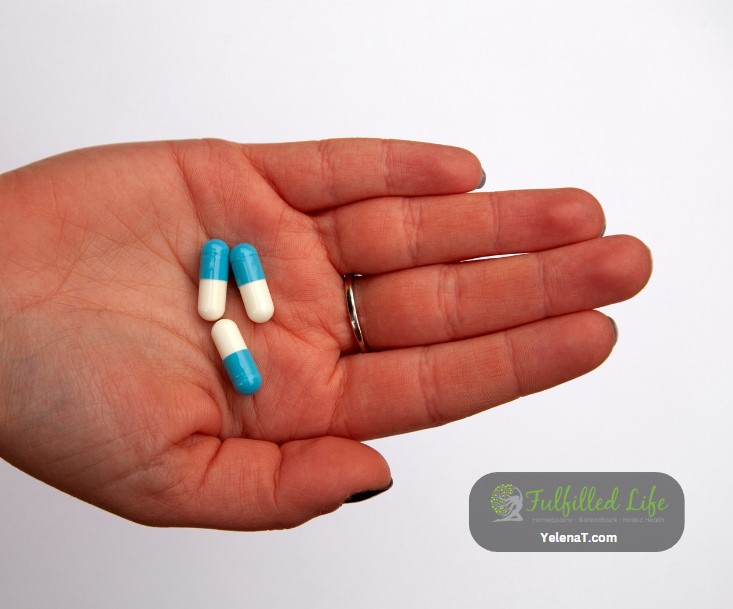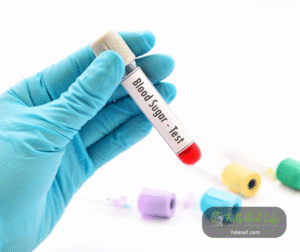In the past, I lost count of how many times I took antibiotics, unaware of the potential consequences on my gut health. Prescribed almost routinely, these seemingly miraculous medications had unintended effects, creating disruptions and challenges that I’ve since successfully overcome.
In the realm of antibiotics, often prescribed without a full grasp of their potential consequences on gut health, understanding their impact becomes crucial. Antibiotics, designed to combat infections, can unintentionally disrupt the delicate balance of our gut microbiome, leading to a range of challenges that demand careful consideration and management.
Microbiome Disruption
These medications, while effective against some harmful bacteria, also impact beneficial microbes residing in our gut. One round of antibiotics can significantly reduce the diversity of beneficial bacteria, potentially wiping out crucial microbial populations. This compromises the delicate equilibrium that supports our overall health and requires focused efforts for restoration.
Digestive Distress
The intricate process of digestion, intricately connected to gut health, can face disruption under the influence of antibiotics. Issues such as persistent diarrhea or constipation may arise, reflecting the altered microbial composition in the gut that demands attention and care.
Increased Vulnerability to Infections
Ironically, the immune-weakening effect of antibiotics can leave individuals more vulnerable to new infections. Depletion of beneficial bacteria, essential for a robust immune system, underscores the need for strategies to enhance the body’s natural defenses.
Resistance Concerns
The overuse or inappropriate use of antibiotics contributes to the global concern of antibiotic resistance. This issue not only affects the effectiveness of antibiotics when genuinely needed but also poses additional challenges for individuals.
Nutrient Absorption Challenges
Beyond immediate discomfort, disruptions to the microbiota can hinder the absorption of essential nutrients. This raises concerns about potential nutrient deficiencies that may impact overall health and well-being.
Navigating the aftermath of antibiotic use on gut health requires a thoughtful and informed approach. Preserving and restoring gut health during and after antibiotic treatments involves considerations such as incorporating probiotics, embracing fermented foods, and seeking guidance from professionals.
Nature’s Antibiotics
Natural antibiotics refer to substances with antimicrobial properties found in nature that can help combat bacteria, viruses, and other pathogens. While they may not replace prescription antibiotics in severe infections, they can offer support for minor infections and contribute to overall health. Here are some examples of natural antibiotics:
- Garlic: Known for its antimicrobial properties, garlic has been used traditionally to fight infections. It contains allicin, a compound with potent antibacterial, antiviral, and antifungal effects.
- Honey: Raw honey possesses natural antibacterial properties and has been used topically to aid wound healing. Manuka honey, in particular, is known for its potent antimicrobial effects.
- Ginger: Gingerol, the bioactive compound in ginger, has antimicrobial properties. Ginger is often used to support the immune system and alleviate symptoms of respiratory infections.
- Turmeric: Curcumin, the active ingredient in turmeric, has anti-inflammatory and antimicrobial properties. It’s been studied for its potential in treating various infections.
- Oregano Oil: Oregano oil contains carvacrol, a compound with powerful antimicrobial properties. It has been studied for its effectiveness against various bacteria and fungi.
- Echinacea: Widely used to support the immune system, echinacea has been traditionally employed to help the body fight off infections, particularly those related to the common cold.
- Colloidal Silver: Colloidal silver is a suspension of tiny silver particles in liquid. It has been used as an antimicrobial agent, although its safety and efficacy are subjects of debate.
- Probiotics: While not antibiotics in the traditional sense, probiotics promote the growth of beneficial bacteria in the gut, helping to maintain a healthy microbial balance. This, in turn, supports the immune system.
- Tea Tree Oil: Known for its antiseptic properties, tea tree oil is often used topically to treat skin infections and wounds.
- Olive Leaf Extract: Oleuropein, a compound found in olive leaves, exhibits antimicrobial properties and has been studied for its potential in treating infections.
While there is a time and place for antibiotics, it’s essential to acknowledge that most of the time when they are prescribed, they may not be needed. As we reflect on the delicate balance between fighting infections and maintaining gut harmony, understanding the potential consequences of antibiotics becomes essential for our overall well-being.
Have you experienced the impact of antibiotics on your gut health? Schedule a free consultation with us to discuss how to preserve your gut health during and after antibiotic use.








